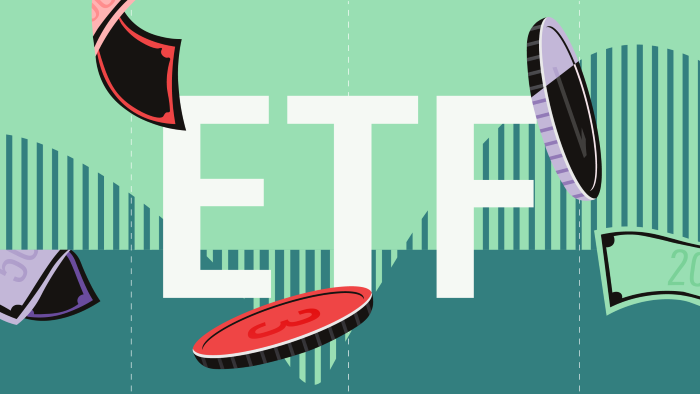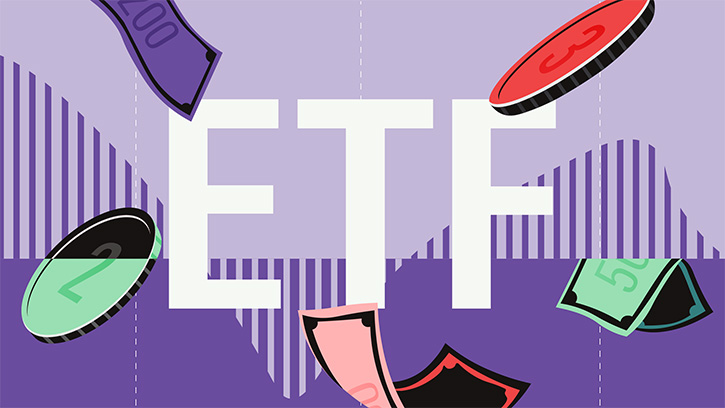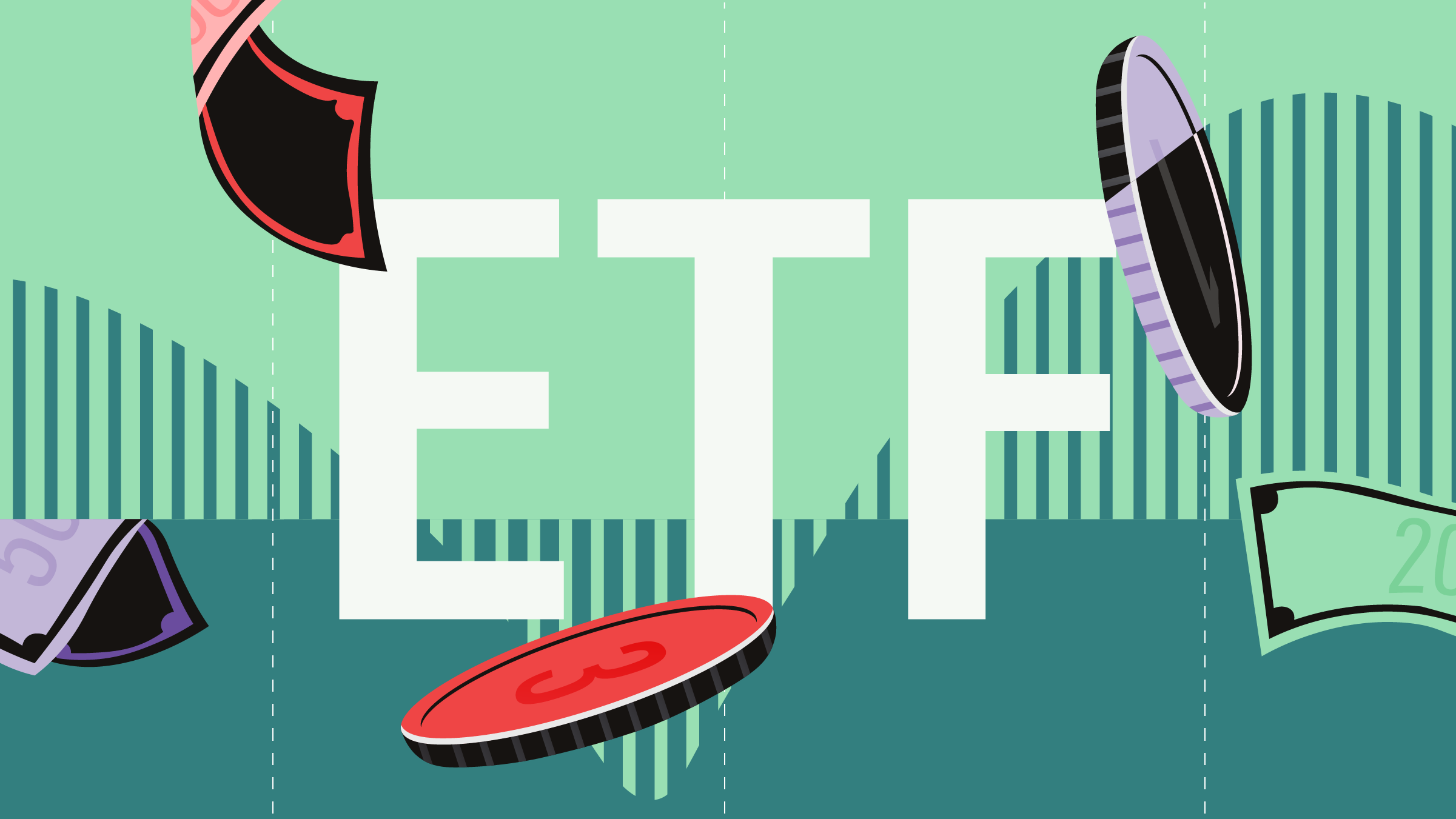Bryan Armour: Stocks have performed well since 2022′s lull. Much of that success has concentrated among a few, especially tech stocks on the cutting edge of artificial intelligence like Nvidia. But cracks have begun to form in the latest bull run, leading to a couple of drawdowns during the past few months.
Investors keen to take profits and preserve capital may want more stable performance than can be delivered by top-heavy broad market index ETFs, like those tracking the S&P 500. Here are three ETFs that can smooth out returns without exiting stocks altogether.
3 Great ETFs for Jittery Markets
- iShares MSCI USA Min Vol Factor ETF USMV
- JPMorgan Equity Premium Income ETF JEPI
- Schwab Short-Term U.S. Treasury ETF SCHO
Silver-rated iShares MSCI USA Min Vol Factor ETF, ticker USMV, is a well-designed low-volatility strategy whose ability to weather drawdowns should continue to drive its stellar risk/reward profile. Its index uses an optimizer to carve out a defensive portfolio of large- and mid-cap US stocks by considering both a stock’s individual volatility and how its performance interrelates with other holdings. The portfolio tends to pile up on steady operators but also includes more-volatile performers if they dance to their own tune.
As a result, a high-flying company like Nvidia NVDA can make its way into USMV’s portfolio of 170 stocks but with a much lower weight than a broad market index. Optimizer constraints keep stock and sector allocations linked to the broader US market to avoid unintended bets.
Cautious investors have been rewarded by USMV. Its 10-year total return nearly matched its average category peer but with 20% less volatility and shallower drawdowns. And its risk-adjusted return, as measured by Sharpe ratio, beat the category index’s over that period, showcasing this strategy’s efficiency.
Next on my list is Bronze-rated JPMorgan Equity Premium Income ETF, ticker JEPI, which sets the standard for covered-call ETFs with its thoughtful process and consistent performance. JEPI investors can expect high income and lower risk from this ETF.
JEPI starts with an actively managed defensive equity portfolio that targets lower volatility than the S&P 500. It then takes a short position on one-month call options that are a bit out of the money, giving the ETF a reasonable share of stocks’ upside before capping performance.
The premium received from shorting call options generates income and cashes in on some of the upside of stocks, leading to lower volatility. That said, it won’t significantly protect against sharp downturns, and its income focus can lead to a large tax bill in taxable accounts. Still, JEPI has delivered on its low-volatility mandate over the past three years with 40% lower volatility and a higher Sharpe ratio compared to the broad US stock market.
The last ETF on my list is Gold-rated Schwab Short-Term U.S. Treasury ETF, ticker SCHO. This ETF invests exclusively in short-term Treasuries, which currently offers a solid yield for a fee of just 3 basis points.
Stock investors can use SCHO like a rudder to cut through volatility regardless of the waters in which they sail. For example, an investor with all their money in a broad US stock fund could reallocate 20% of their portfolio to SCHO, a move that would have dropped the portfolio’s volatility by 20% over the trailing year. Investors can choose an appropriate allocation to SCHO depending on their own volatility targets.
SCHO carries virtually no credit risk and little interest-rate risk, meaning it should hedge against a stock market downturn without overexposure to inflation risk. A small allocation could go a long way toward smoothing out performance for stock investors.
Please share your thoughts about these picks with me on X (@mstararmour) and visit the ETF page at Morningstar.com/topics/ETFs.
Watch Now’s the Time to Diversify Beyond the ‘Magnificent Seven’ Stocks for more from Bryan Armour.




















